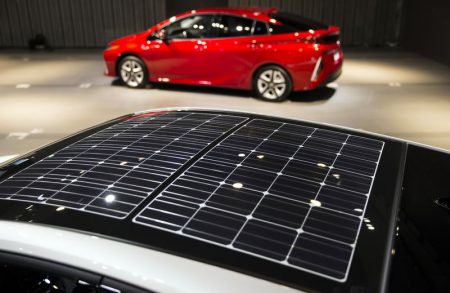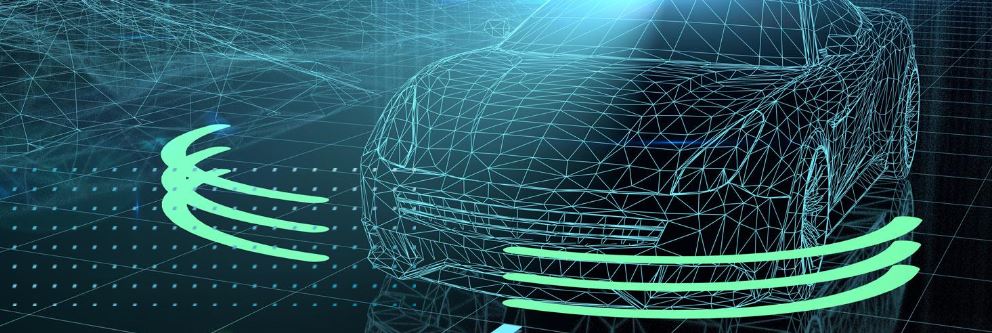Milton Keynes already has a great reputation for its support of Electric Vehicles, from its vast infrastructure of electric charge points to the UK’s first Electric Vehicle Experience Centre due to open later this month.
Now TESLA the American automaker, energy storage and solar manufacturer has set up shop in Milton Keynes Intu shopping centre, displaying their high end electric cars in an impressively slick showroom.

Strolling past this afternoon it was certainly eye catching and there seemed to be a genuine buzz from many passers-by when they noticed the giant letters spelling ‘TESLA’.
The two story car showroom isn’t the first to appear in the Milton Keynes Shopping Centre, a Mercedes store appeared a few weeks previous. This new trend seems to coincide with a greater change and understanding of how consumers are now purchasing. The idea of viewing a car in a showroom and then ‘shopping online’ for the best price is becoming ever so much more the norm, much like shopping for the latest smart TV.








